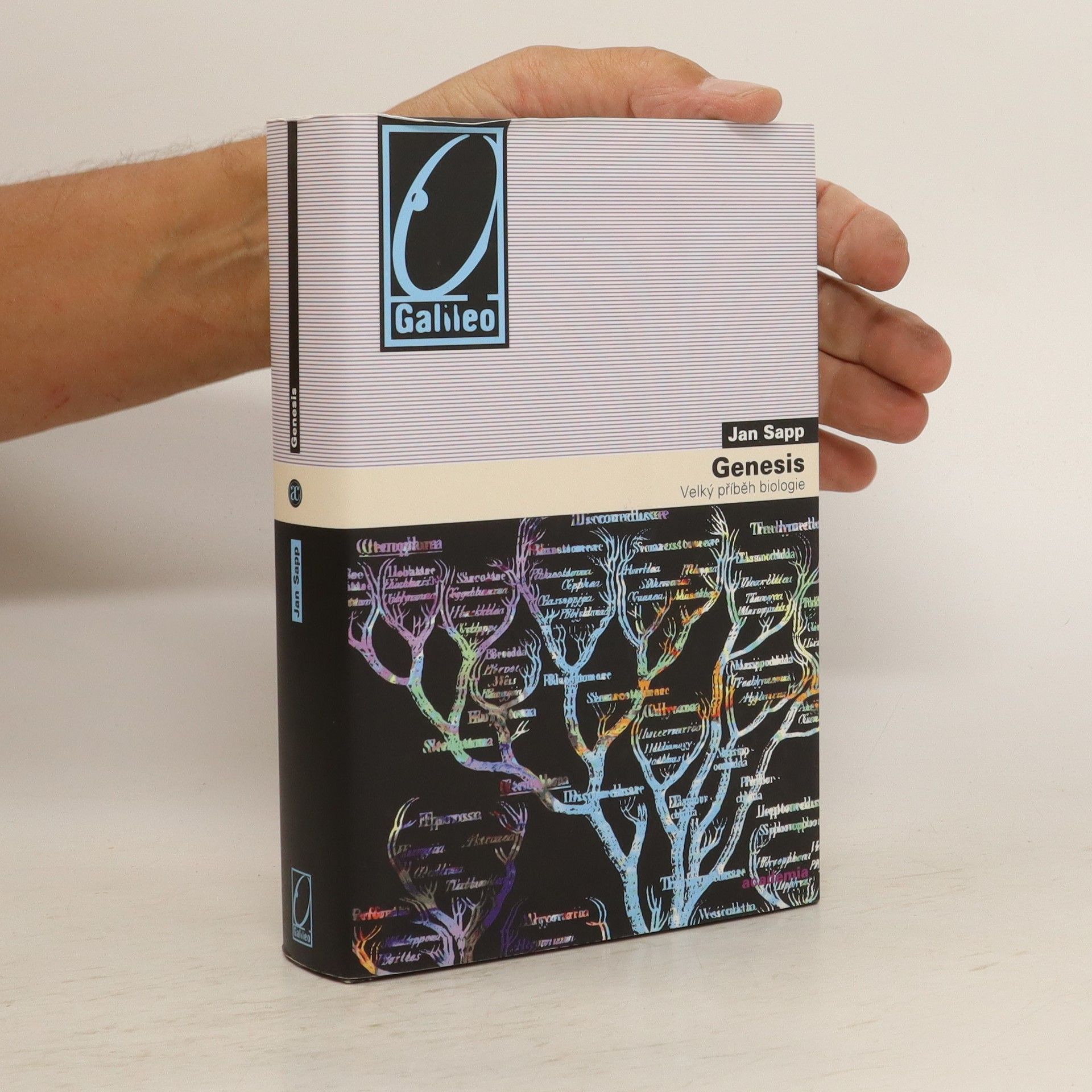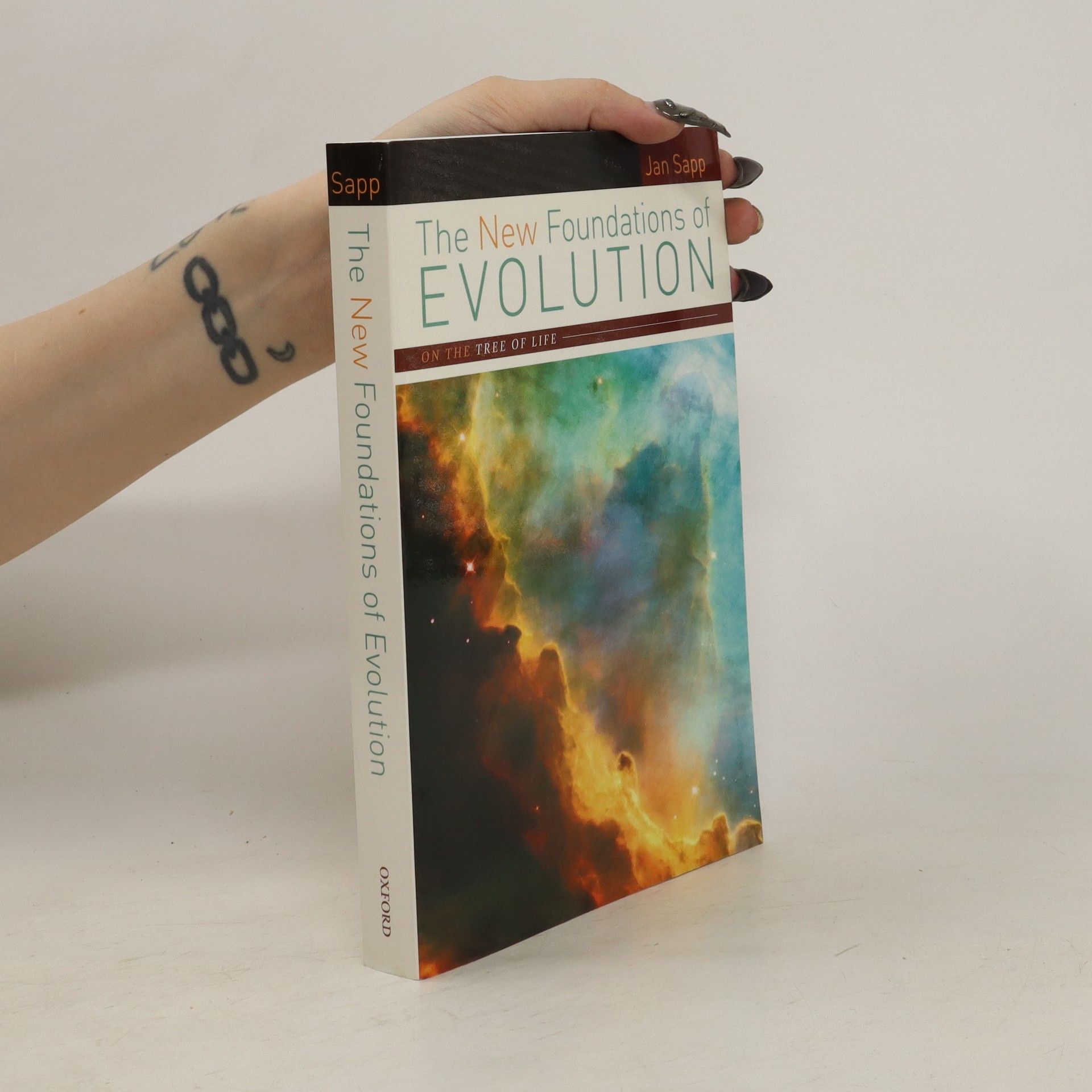Focusing on a pivotal figure in 20th-century science, this book offers an in-depth exploration of their contributions and impact on the field. It provides unique insights into their life, work, and the historical context surrounding their discoveries, making it an essential read for those interested in scientific history and innovation.
Jan Sapp Livres




Foreword Preface 1. Animal, Vegetable or Mineral? 2. Microbes First 3. The Germ of Phylogeny 4. Creatures Void of Form 5. About Chaos 6. Kingdoms at Biology's Borders 7. The Prokaryote and the Eukaryote 8. On the Unity of Life 9. Symbiotic Complexity 10. The Morning of Molecular Phylogenetics 11. Roots in the Genetic Code 12. A Third Form of Life 13. A Kingdom on a Molecule 14. Against Adaptationism 15. In the Capital of the New Kingdom 16. Out of Eden 17. Sketching the Tree of Life 18. The Dawn Cell Controversy 19. Three Domains 20. Disputed Territories 21. Grappling the World Wide Web 22. En
Proč se historie biologického výzkumu ubírala právě těmi cestami, jimiž se ubírala? Popis zrodu a vývoje evoluční teorie od Lamarcka po Darwina. Vývoj buněk a počátky vývojové biologie. Rozvoj genetiky a její splynutí s evolučním myšlením, vznik neodarwinismu a počátky genetiky mikroorganismů. Vznik a rozmach molekulární biologie. To vše v čtivé podobě s dobovými kontexty. V jistém smyslu lze knihu označit za chronologické završení Dějin biologických teorií novověku (Academia 2006) Emanuela Rádla.